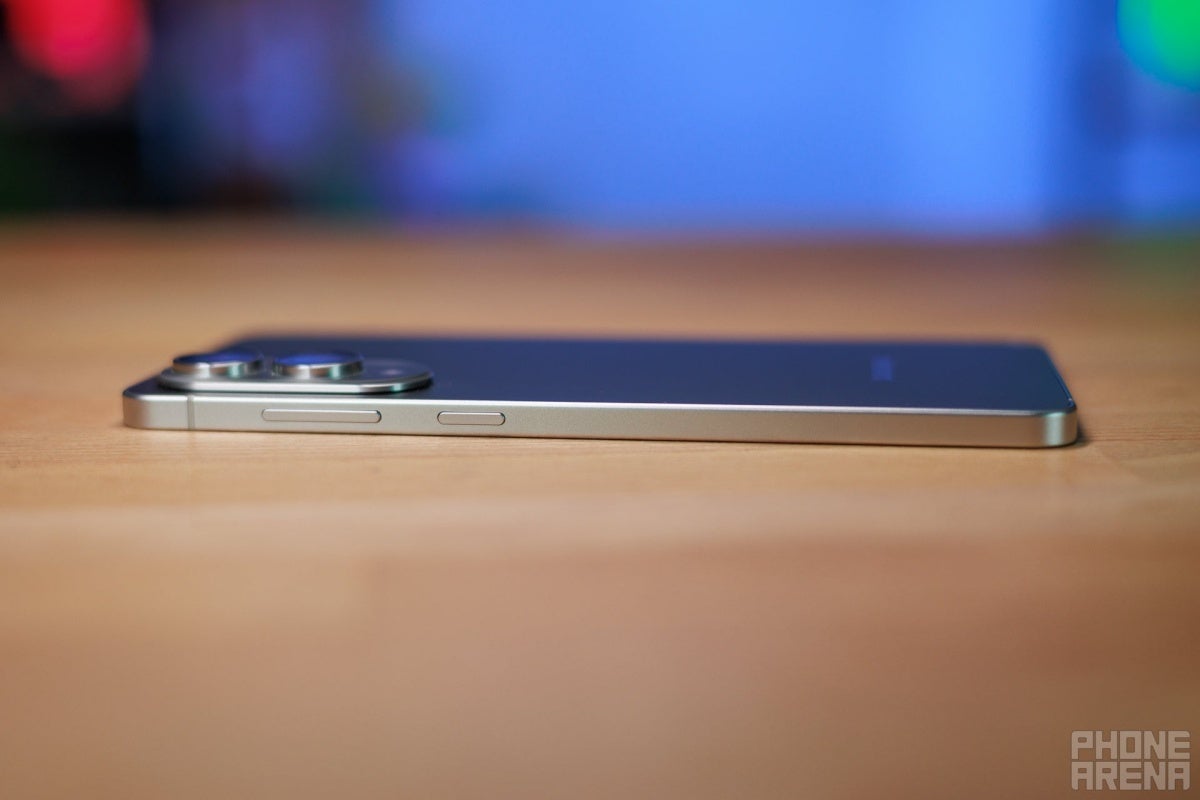The air quality in Delhi remained in the ‘very poor’ category on Tuesday morning, a day after it deteriorated significantly due to the rampant bursting of firecrackers in the national capital on Diwali night and the following day.
According to the Early Warning System for Delhi, the air quality is likely to be in the ‘severe’ category from Tuesday to Thursday.
According to data provided by the Central Pollution Control Board (CPCB), Delhi recorded an average AQI of 361 at 9am on Tuesday morning. The ITO station recorded an AQI of 427, IGI Airport recorded 426 and Delhi University north campus recorded 398.
On Monday, the AQI (a 24-hour average reading) at 4pm worsened to 358 (very poor), deteriorating further to 403 (severe) by 10pm.
With the average AQI increasing by 140 points between Sunday (218 at 4pm) and Monday, the capital saw the sharpest rise in average pollution levels in the last eight years between Diwali (Sunday) and the day after.
PM 2.5 continued to be the prominent pollutant on Tuesday morning. This shows the impact of combustion sources – in this case, firecrackers, the sale, manufacturing and possession of which had been banned in the capital.
Monday’s sharp increase in AQI triggered a political blame game between the ruling Aam Aadmi Party (AAP) in Delhi and the Bharatiya Janata Party (BJP), with Delhi environment minister Gopal Rai blaming the BJP and its leaders for backing the “targetted” use of firecrackers in parts of the national capital on Diwali. The BJP denied this and accused AAP governments in Delhi and Punjab of failing to take necessary steps to prevent it.
The city witnessed a partly cloudy sky and shallow-to-moderate fog on Tuesday morning. The minimum temperature on Tuesday was recorded at 12 degrees Celsius, a day after it dropped to the season’s lowest at 11.2 degrees Celsius. According to the IMD forecast, the maximum on Tuesday is likely to be 27 degrees Celsius.
 Subscribe today by clicking the link and stay updated with the latest news! Click here!
Subscribe today by clicking the link and stay updated with the latest news! Click here!





